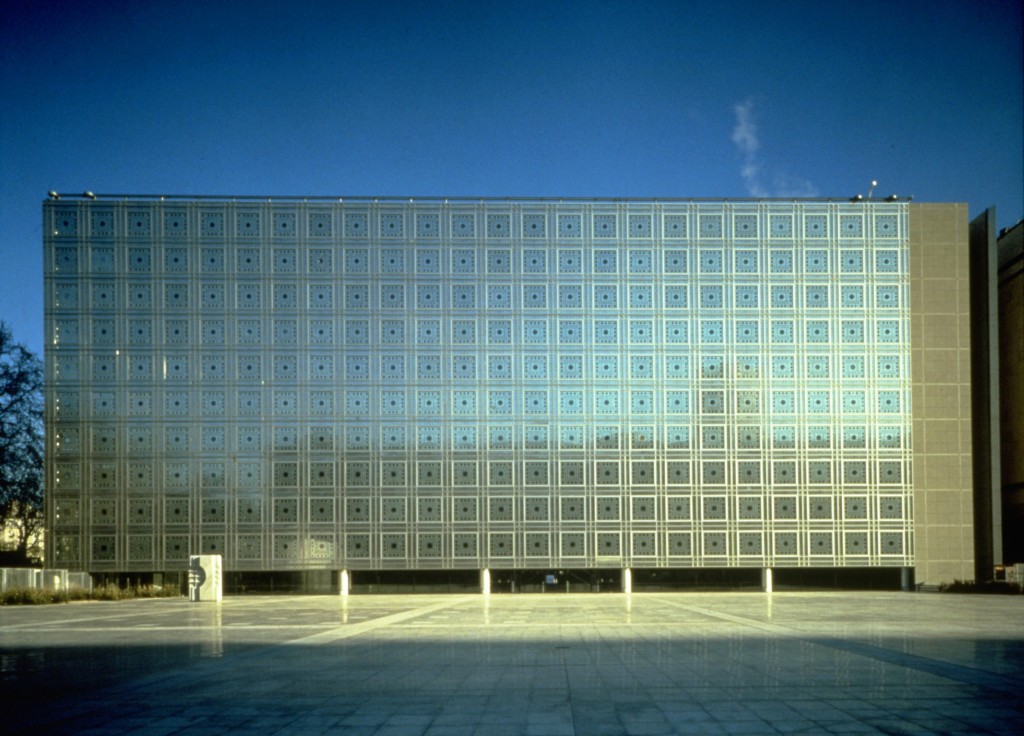With a history of academic interest in French culture, and a passion unique to his own time and place, Dr.Moajab al-Zahrani joined France’s top university in Paris “Paris-Sorbonne” in 1979. Despite a breathtaking chance to join the United States’ Columbia University in New York, Zahrani went against mainstream Saudi interest for an American higher education and enrolled at the French public research university.
There have been major French historical and influential figures, from the era of philosopher Rene Descartes to that of philosopher Gilles Deleuze, who taught Dr Moajab al-Zahrani, also today’s Director of the Arab World Institute in Paris, at the Sorbonne. French culture’s major concepts have influenced the Arab and Muslim worlds. France has also contributed to organizing human values and civil concepts.
The Arab World Institute (abbreviated “AWI”; French: Institut du Monde Arabe, abbreviated “IMA”) was founded in Paris in 1980 by 18 Arab countries with France to research and spread information about the Arab world and its cultural and spiritual values.
The Institute promotes cooperation and exchanges between France and the Arab nations, particularly in the areas of science and technology, contributing to the understanding between the Arab world and Europe.
Speaking to Asharq Al-Awsat newspaper, Zahrani said that in light of the upsurge of terror and radicalization, the three-decade institute is called upon to spend extra efforts, propagating and exchanging culture represented by its members on an international level. The effective efforts would aid in countering misleading values spread by radicals or extremists seeking only corruption.
The AWI represents an interactive and creative platform that serves its cause very seriously, added Zahrani.
Considered a beacon for mixed arts and cultural fine arts and an entrusted establishment, the institute now is a proud host for over two million visitors annually.
When asked on the degree of importance of cultural integration and exchange, Zahrani explained that Arab and world societies are in an everlasting need for creative cultural interaction to strive. “Perhaps France, is found to be the most suited and striking hub for establishing such a link,” said Zahrani.
Zahrani added that France’s history and cultural progress resonate most with the aspirations held by Arab think tanks for the future of their region in the face of current turbulences and challenges. Not to mention that France’s political life, whether it be through a conservative or a liberal scope, had always held great proximity and interest with policies concerning Arab countries, especially Gulf and north African countries.
Being part of the modern day Western culture, French culture remains uniquely home to two factors, the kickoff of the modern day state and the age of enlightenment, and a world-recognized art of living derived from a sophisticated combination of food, drink, fashion and art.
From an Arab perspective, French culture sets the roadmap, and module of what many movements aspired for, especially in Egypt.
Speaking of an increasing surge of anti-Arab sentiment across the Western hemisphere, falsely guided by beliefs of counterterrorism, Zahrani explained it to be a case were opportunist politicians invest in a national dilemma to serve personal interests.
Nevertheless, Zahrani stressed that history is not written by fools, nor does it tolerate a clash among the ignorant for long. Based on that, the institute would carry on its activities, raising awareness, regardless of the brutal ideology disseminated by radicals, extremists, racists and bigots.
